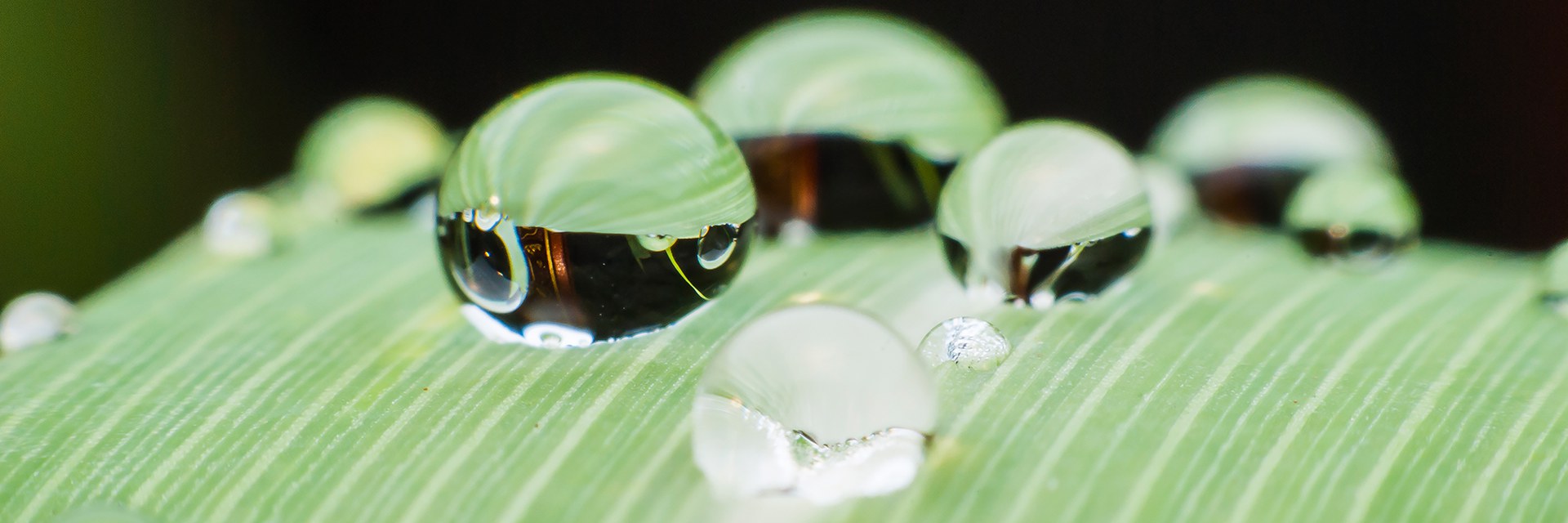
Ingreen
Production of functional innovative ingredients from paper and agro-food side-streams through sustainable and efficient tailor-made biotechnological processes for food, feed, pharma and cosmetic.
Agro-food and Paper mill side streams and by-products are sources of unexploited organic fractions exploitable into safe microbial biomasses, functional ingredients and intermediates, e.g. prebiotics, pre-fermented ingredients, bioplastics and chemicals. The INGREEN bio-based ingredients/materials will be used to produce innovative functional products for food, feed, packaging, pharmaceutical, nutraceutical and cosmetic sectors. The INGREEN outcomes will be obtained by validated tailor-made biotechnologies based on safe microorganisms or eco-friendly approaches. Logistics and storage conditions will be optimized to favor the flow from feedstock to the bio-based prototype producers. INGREEN aims to demonstrate in industrial environments the efficiency and sustainability of the target biotechnologies to produce
- lactobionic acid (LBA), galactooligosaccharides (GOS), microbial safe biomasses from whey;
- polyhydrohyalkanoates (PHA) enriched biomasses and purified PHA, as prebiotics and bioplastics respectively, from paper mill wastewater;
- functional pre-fermented ingredients from rye/wheat milling fractions.
Safe andcharacterized INGREEN ingredients will be used for innovative functional cheeses, bakery products and nutritious feeds. Functional GOS, LBA and pre-fermented bran will be used to produce prebiotic immune-stimulating gel, nutraceutical supplement and cleanser for human health. INGREEN biodegradable material will be valorised into bag in box to boost INGREEN fluid prototype sustainability. Prototype safety, shelf-life, quality and functional performances will be compared to benchmarks. Also, LCA/LCC, sound business cases and plans and compliance with REACH and any relevant EU safety legislation will be applied over the whole project to assess prototype benefits compared to benchmarks. INGREEN product specifications will contribute to define/standardize the regulatory requirements for outcome innovation deals, market uptake and societal acceptance. Include the contact of someone with a FHNW personal page.
FHNW develops the production of GOS using immobilized and protected lactase in membrane bioreactor systems. FHNW also evaluates the eco-efficiency of the developed technologies (LCA, CEA, etc.) and the toxicity of the final products.
Key Figures
| Duration: | 2019 – 2023 |
| Funding agency: | The project has received funding from the Bio Based Industries Joint Undertaking under the European Union’s Horizon 2020 research and innovation programme under GA No 838120. |
Enzymatic process in MBR
Group Leader and Lecturer, Environmental Biotechnology
Immobilized/protected lactase
team leader in molecular nanotechnology
LCA
Team Leader and lecturer in sustainability and development
Toxicity
Team Leader, Cell Biology and in vitro Toxicology
